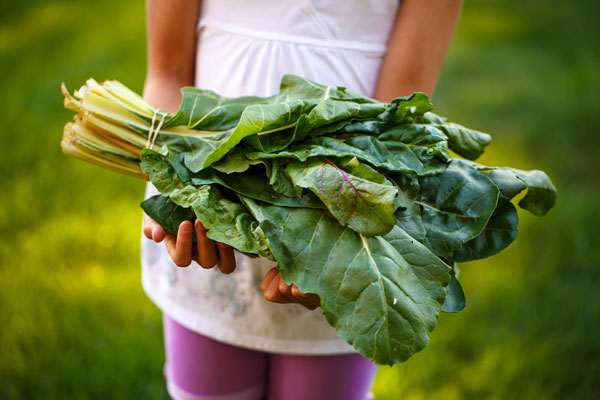New York City public schools raises enough money to provide healthy meals and support local farmers

[Fresh Vegetables Harvested By Students at the School Garden. Photo Credit to Unsplah]
New York City Public Schools’ Office of Food & Nutrition Services (OFNS) was selected as the recipient of a $200,000 Farm to School grant on December 13, 2023.
This fund is provided by the United States Department of Agriculture (USDA) and the New York State Department of Agriculture and Markets (NYSDAM).
Generally, schools use ‘Farm to School’ grants to increase the amount of local foods in the cafeteria, improve student nutrition, provide agriculture, health, and nutritional education opportunities, and support local farmers.
Following this purpose of the grant, NYC public schools that are part of this grant will use the funding to enhance agricultural education programming, increase local food procurement for disadvantaged farmers and producers, and establish learning gardens at public schools across the city.
Specifically, this grant focuses on farm-to-school education for 360 students in six schools across the five boroughs of NYC.
In collaboration with the Mayor’s Office of Urban Agriculture (MOUA) and the Cornell Cooperative Extension, OFNS will offer producer trainings that target disadvantaged and Minority and Women-owned Business Enterprise (M/WBE) urban and rural growers.
This training aims to increase M/WBE-certified businesses in the city to procure and diversify the food supplier pool to compete for OFNS school food contracts and other agencies’ food procurement contracts.
By increasing local procurement for M/WBE certified farmers, NYC can enhance socially and economically disadvantaged farmers in agricultural education and other government-supported programming.
Chancellor David C. Banks said, “Schools are the centers of life for families and young people across New York City because they provide two free nutritious and delicious meals a day to students.”
He also remarked, “it is critical that students have a strong understanding of where their food comes from, and why it is vital to build healthy eating habits now.”
The farm-to-school program grew from a handful of schools in the 1990s to more than 67,000 schools in the US, American Samoa, Guam, Northern Mariana Islands, Puerto Rico, US Virgin Islands, and the District of Columbia.
Farm-to-school efforts link local producers with schools and other organizations participating in child nutrition programs that work to purchase and include local fruits, vegetables, grains, meat, dairy, and seafood in their meals.
They also try to include hands-on education, school gardens, taste tests, farm field trips, and food-related education in the school curriculum.
As global warming becomes a global problem, researchers found that urban agriculture can resist severe weather caused by climate change, and the potential of farm-to-school programs to slow climate change has drawn significant attention recently.
By increasing students’ understanding of the importance of agriculture in climate justice, NYC can raise more student awareness about climate change and ultimately grow future climate stewards and food system changemakers.
Focusing on achieving food justice and raising more M/WBE businesses in NYC, OFNS should carefully design the structure to distribute the grant to the related bodies efficiently.
Considering the scope of the goal, OFNS needs to cooperate with federal and state governments, agencies, and experts, including Cornell Cooperative Extension-Harvest NY.
Fortunately, MOUA and OFNS recognized the need to provide technical assistance to producers, especially socially disadvantaged producers, and to obtain the resources necessary for its fruition.
By working with experts, this grant will allow fresh food, innovation, and economic viability of regional farmers to grow.

- Carson Seo / Grade 10
- Basis Independent Mclean

![THE HERALD STUDENT REPORTERS [US]](/assets/images/logo_student_us.png)
![THE HERALD STUDENT REPORTERS [Canada]](/assets/images/logo_student_ca.png)
